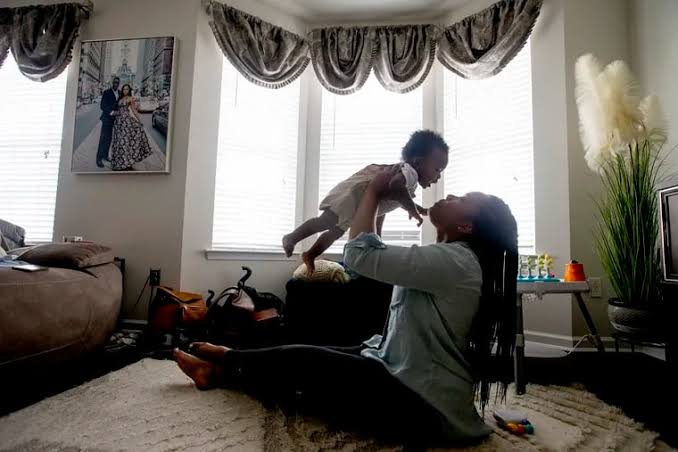Despite Houston being home to the largest medical complex in the world, a recent report from Harris County Public Health reveals that the region has led the nation in Black maternal death rates since 2016.
The report highlights several contributing factors to the poor health outcomes for Black mothers and their infants. Black women are at a higher risk for conditions such as hypertension, diabetes, and heart issues, which can complicate pregnancies. These disparities are partly rooted in historical inequities, such as limited access to healthy food.
One alarming finding from the report is that Black women with college degrees are 60 times more likely to die during childbirth compared to white and Hispanic women without high school diplomas.
In 2022, Dionna Jacobs tragically lost her second son, Hendrix, during childbirth. She recalled arriving at the hospital in extreme pain, “screaming to the top of (her) lungs,” knowing something was wrong. Despite having delivered at the same hospital before, her concerns were dismissed by staff, who assumed she was just a young, first-time mother.
“I had to keep saying, ‘No, this is my second baby. I’ve delivered here before,'” Jacobs said, adding that her cries for help were initially ignored. Her partner eventually had to find a wheelchair himself.
Jacobs believes her pain was dismissed because of her race, saying, “They just saw a young Black girl and thought I was overreacting.” With no assistance from hospital staff, she delivered her son alone. “I pushed him out by myself, he landed on the table, and nobody caught him,” she recalled.
Despite her pleas for attention to her newborn, staff disregarded her, with one nurse telling her, “Oh no, girl, he’s already gone.” It wasn’t until a Black nurse entered the room that her son was swaddled.
Jacobs still does not know why Hendrix died, and despite declining an autopsy, she later discovered that her placenta had not ruptured, as initially suspected. Reflecting on the tragedy, Jacobs shared that, as a Black woman in Harris County, her child was two to three times more likely to die during or before delivery compared to a white child.
“We are disproportionately disadvantaged,” said Kay Matthews, founder of Shades of Blue, an organization focused on maternal mental health. Matthews lost her daughter Troya 11 years ago and nearly lost her own life. Like Jacobs, she was sent home with no resources. Today, her nonprofit serves over 3,000 women annually, providing critical support like free psychiatric services and other resources.
“Every time I show up to this building, I do it knowing Troya mattered,” Matthews said.







